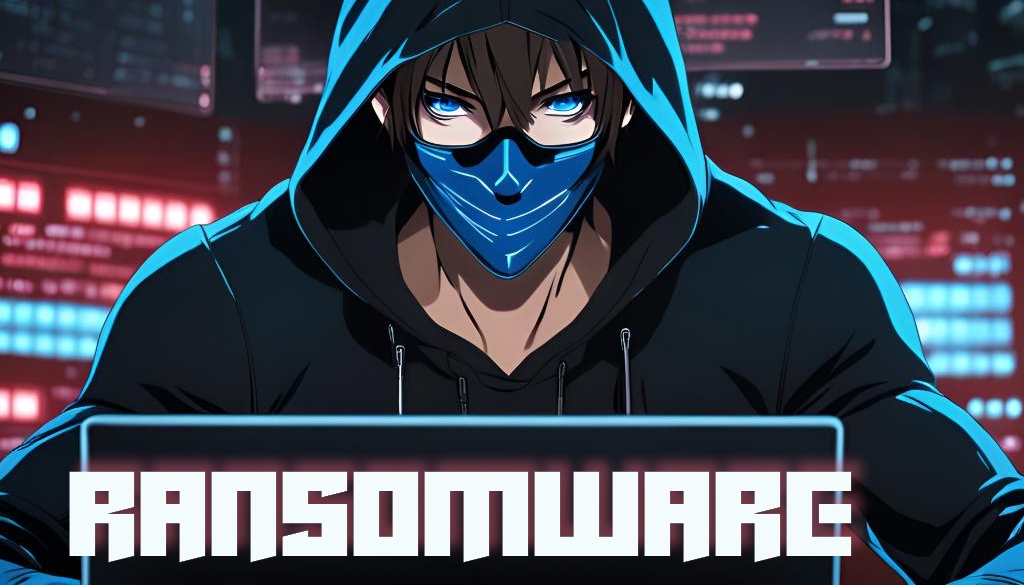
Info-stealers silently steal your passwords, crypto, and data — a hidden threat every user and business should watch out for.
In the vast world of cybersecurity threats, info-stealers are often overlooked — but they may be the most dangerous malware you never knew was on your device. These silent invaders specialize in stealing sensitive personal data like passwords, browser cookies, credit card details, and even crypto wallets, all without raising red flags.
Unlike ransomware, which makes its presence known through demands and threats, info-stealers operate in stealth mode. They infiltrate systems quietly and exit just as discreetly — often before you realize anything happened.

How Do They Spread?
Info-stealers typically arrive through phishing emails, malicious ads (malvertising), fake software cracks, or trojanized downloads. Once the victim clicks a link or runs an infected file, the malware installs itself, scans the system for valuable data, and sends it to a remote server controlled by cybercriminals.
Because of their low profile and fast execution, many info-stealers avoid detection by traditional antivirus solutions — especially if the malware is custom-coded or newly released.
What Do They Target?
Info-stealers are designed to harvest:
- Login credentials for websites, apps, and email accounts
- Browser cookies and session tokens, allowing attackers to hijack sessions
- Cryptocurrency wallets and exchange login details
- System information like IP addresses and device specs
Once this data is collected, it’s either used for direct attacks or sold on the dark web to the highest bidder.
Why You Should Be Concerned
The real danger of info-stealers is their invisibility. You might never know your data was stolen — until it’s too late. A compromised email can lead to identity theft. Stolen credentials can trigger a full-scale business breach. And if your crypto wallet is emptied? There’s no getting it back.

A good VPN can help by blocking malicious websites, scanning your downloads, and even monitoring the dark web to alert you if your data has been leaked.
Protecting Yourself
To stay safe from info-stealers:
- Avoid downloading unknown files or cracked software
- Enable two-factor authentication (2FA) on all accounts
- Consider using a password manager to reduce exposure
- Use a trusted VPN with security features to block dangerous websites and downloads
Conclusion
Info-stealers may be silent, but the damage they cause can be deafening. Stay vigilant, stay updated, and never underestimate the threats that hide in the shadows of the web.













